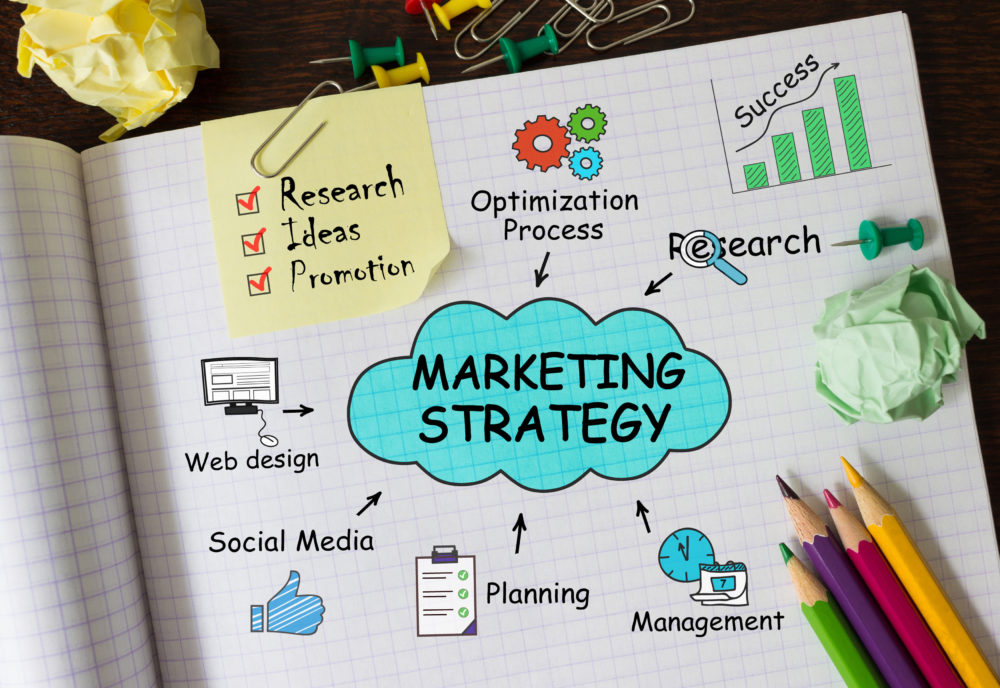Without a lavish budget to take a scattered approach to marketing, small and medium-sized enterprises (SMEs) need to ensure campaigns are as targeted and as cost effective as possible. A good marketing database provides the linchpin for this and is an invaluable tool for SMEs looking to build profitable relationships with customers.
Keeping in touch with valuable, existing customers by sending marketing communications relevant to them, at the right time, is a quick and easy way to secure repeat sales. However if you fail to keep your database in check, the process can rapidly turn into a significant cost to your business. Personalised marketing campaigns are only ever profitable if you have up-to-date contact details for your customers and accurate information about your dealings with them. Targeting those who have moved address or contacting customers with irrelevant information is completely ineffective. Not only will it never lead to a sale, it wastes both time and money, and can seriously damage your brand.
To avoid the hidden costs of poor data management, SMEs should seek to follow a few simple steps.
Think about your objectives
Identify the objectives of your business and ensure the data you hold facilitates those and does not hinder. It’s not necessary (and not legal) to hold absolutely everything forever but keeping a transaction and contact history is important. Decide what information you want to collect and keep things simple if possible; you need to make sure that new data can be collected and utilised when needed. Remember that you need permission from consumers to use the data you collect so get your consent statements correct.
In this ever changing world marketeers often need to act quickly. If something drastic in the market occurs which affects yours customers or prospects, you might want to communicate with them immediately. They would expect it wouldn’t they? Imagine if you’d didn’t have the relevant information or were legally unable to contact them because the consent is not correct?
Put data at the heart of your business
Data is the fuel for business and rarely lies. Utilise the data for strategic decisions as well as for optimal customer contacts. It’s an old adage but completely true; right message to the right person, through the right channel at the right time will maximise your marketing, and ultimately your profits.
Luxury river cruise company Viking River had spent years thinking that their market was broadly affluent and age biased. However, through cleverly analysing their data they found that they had three very different types of customer, all of whom needed to be targeted in different ways.
Now they know this, Viking use frequent segmentation and scoring models to track their customers and their booking patterns, to see the different types of customers that are becoming interested in river cruises. By doing this they have increased awareness of the brand, opening up wider opportunities in markets they had previously not considered and have increased bookings by 50 per cent year on year.
Keep it clean
Data decays over time; people pass away, move and get divorced. Dirty data will cost in terms of wasted money but also brand damage and contacting the wrong person never goes down well! Companies should use customer contacts to update the data, monitor for any changes and give customers the option to update their own information where possible. Keep a close eye on bounce backs, opts outs and returns. Make a point to regularly assess the overall hygiene of your database – create some KPI’s monitor them.
Use it wisely
Consumers are becoming more frustrated and aware of data usage and value. Data misuse will antagonise customers and cause complaints let alone waste your time.
For example, it would be utterly pointless to send a communication about credit cards or loans; to a customer you wouldn’t accept due to bad credit history, or sending a discount for over 50s life insurance to a student.
We’ve used this initiative before when working with Moonpig.com. Although they may have started small, the company has grown year on year, and so has its data. Moonpig wanted to harness this data to really understand their customers’ demographics and potential for further buying behaviour.
To do this the data was split in RFM (Recency, Frequency, and Monetary) groups to better understand the transactional behaviour of customers. The segmentation was then profiled, drawing around 280 lifestyle variables to each customer. Stage two progressed to group customers into ‘pen portraits’ to establish how people with similar profiles engage with the Moonpig brand.
This grouping enabled Moonpig to identify where the company could organically grow these customer segments through offering new products and services, as well as appealing to other similar consumers within the UK. This understanding permitted Moonpig to fine tune their macro strategic approach, which in turn would lead to the creation of enjoyable and loyal relationships with their customers. By understanding the buying patterns of flowers, gifts and cards, Moonpig also has the capability to implement a new gifting strategy and hone its approach to above the line marketing.
People very rarely complain if you respect their privacy and use the data for the reasons you collected it for. Do not send irrelevant and useless content but equally be careful not to over personalise in an intrusive way (otherwise you will appear like Big Brother).
Data should be collected to increase productivity and efficiency within a business, but also improve relations with consumers. It is often the case that these people have chosen to share their data with your company specifically, so why not make their experience interacting with your business more relevant, enjoyable and rewarding? Consumers in general, like timely and relevant communications. Quality over quantity will ensure much more profitable outcomes.
Jon Cano-Lopez is CEO of REaD Group.





